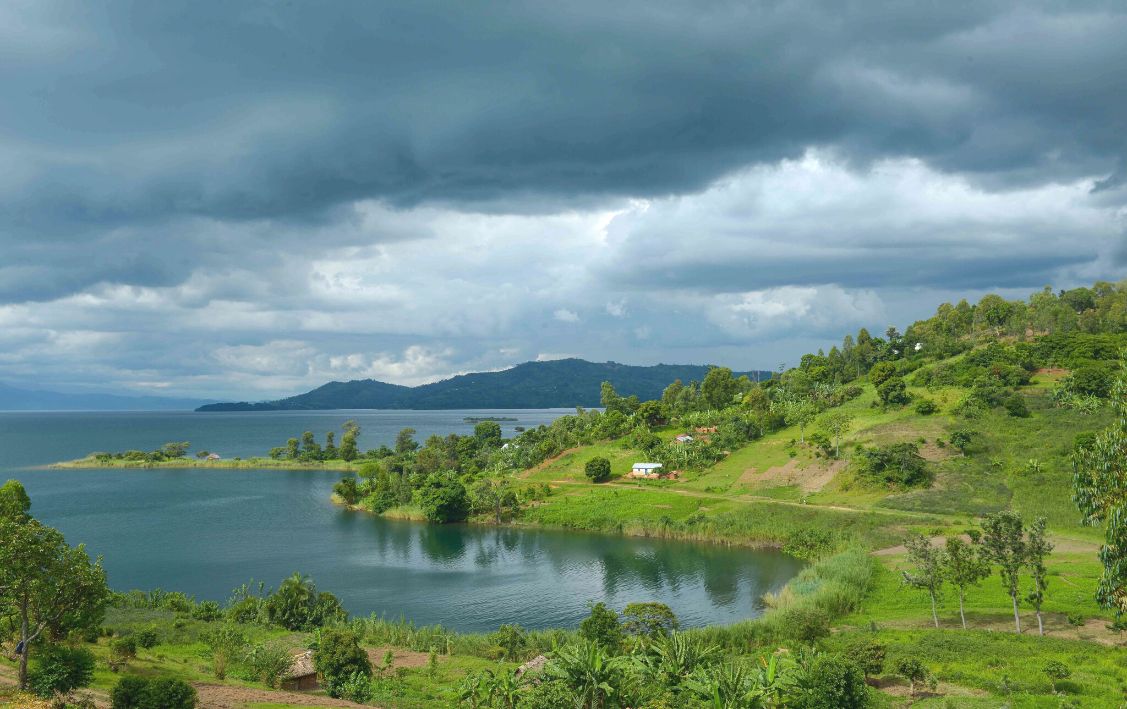
Exciting developments are taking place in the Democratic Republic of Congo (DRC) as the government, with technical assistance from UNDP, forges ahead with efforts to access carbon markets. These initiatives aim to strengthen the country's capacity to mobilize climate finance and effectively implement its Nationally Determined Contributions.
Here are some recent milestones achieved and the outcomes of the parliamentarian retreat that recently took place, which have set DRC on a strong carbon finance path.
Elaborating the Carbon Market Access Roadmap:
In November 2022, the Government of DRC, in collaboration with UNDP, crafted a comprehensive carbon market access roadmap. This roadmap identified timebound interventions to facilitate effective access to carbon markets, with a particular focus on strengthening parliamentary capacity and mobilizing public finance. By enhancing parliamentarians' understanding of NDCs and carbon markets, the government aims to enable informed legislative action and accelerate progress towards climate goals.
The Declaration of Zongo:
The Declaration of Zongo encapsulates the commitments made by both the government and parliamentarians to advance the achievement of NDC targets in DRC. It emphasizes the need for intersectoral coordination, mobilization of public and private resources, linking carbon markets to local development, and continued capacity building, information sharing, and knowledge dissemination. The Declaration underscores the crucial role of UNDP as a trusted partner in facilitating policy dialogue, intersectoral coordination, and technical assistance to drive progress in the country.
Lessons learnt:
-
Strong appetite for carbon markets: The engagement and interest shown by parliamentarians in becoming investors in carbon market projects is a positive sign. However, it is crucial to manage expectations and provide continued capacity building and experience sharing to ensure they fully understand the intricacies of this complex market. This will enable them to effectively play their legislative role and explore the development of a local carbon market that aligns with their unique context.
-
Limited knowledge on carbon markets: The limited knowledge among government officials responsible for leading the government's agenda on carbon markets is a concern. Urgent efforts are needed to develop and implement a comprehensive capacity building plan to enhance their understanding and expertise in this field.
The journey of the Democratic Republic of Congo towards advancing climate finance and accessing carbon markets is marked by significant progress. The engagement of parliamentarians, the development of a comprehensive roadmap, and the adoption of the Declaration of Zongo demonstrate the commitment of the government and its partners to harnessing the potential of carbon markets for sustainable development. However, it is essential to address the challenges of limited knowledge and manage expectations effectively. By building capacity, sharing knowledge, and aligning carbon market initiatives with local development priorities, DRC can pave the way for resilient and equitable pathways to meet its NDC commitments and contribute to global climate action.
Note: This article draws insights from the recent developments and key activities in the Democratic Republic of Congo (DRC) related to carbon market access and the involvement of parliamentarians in advancing climate finance.
